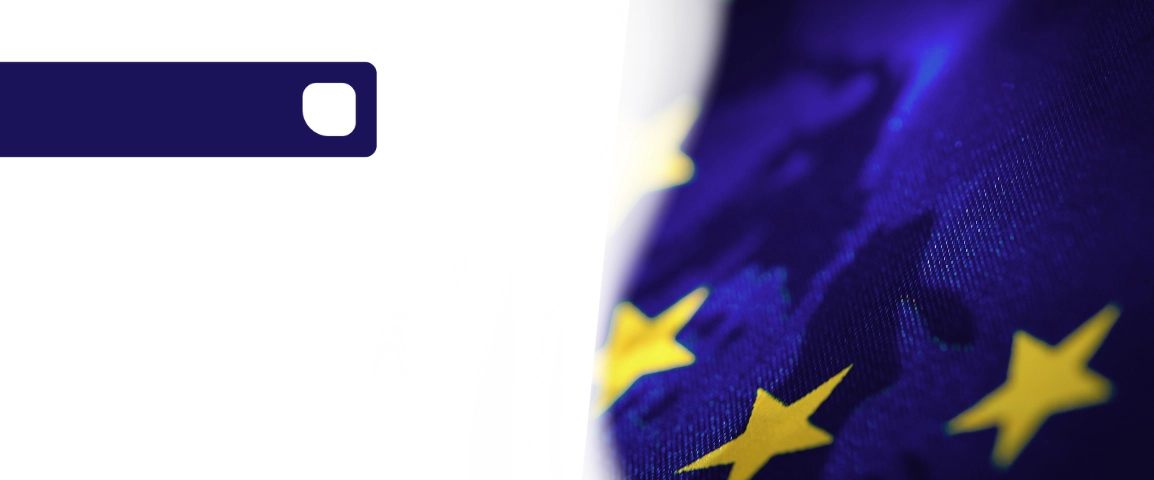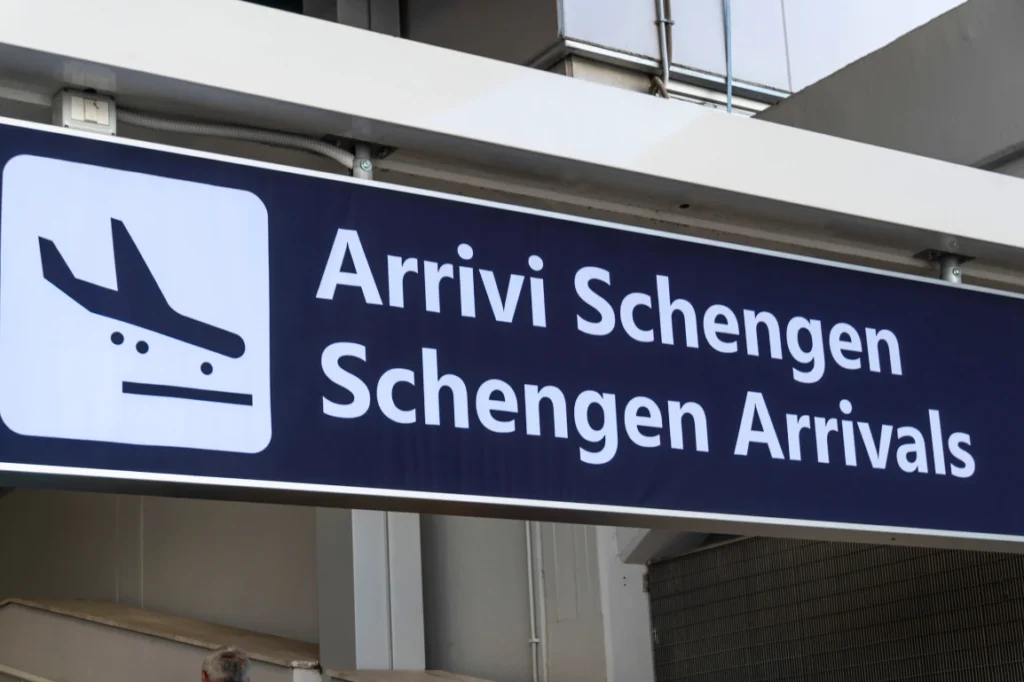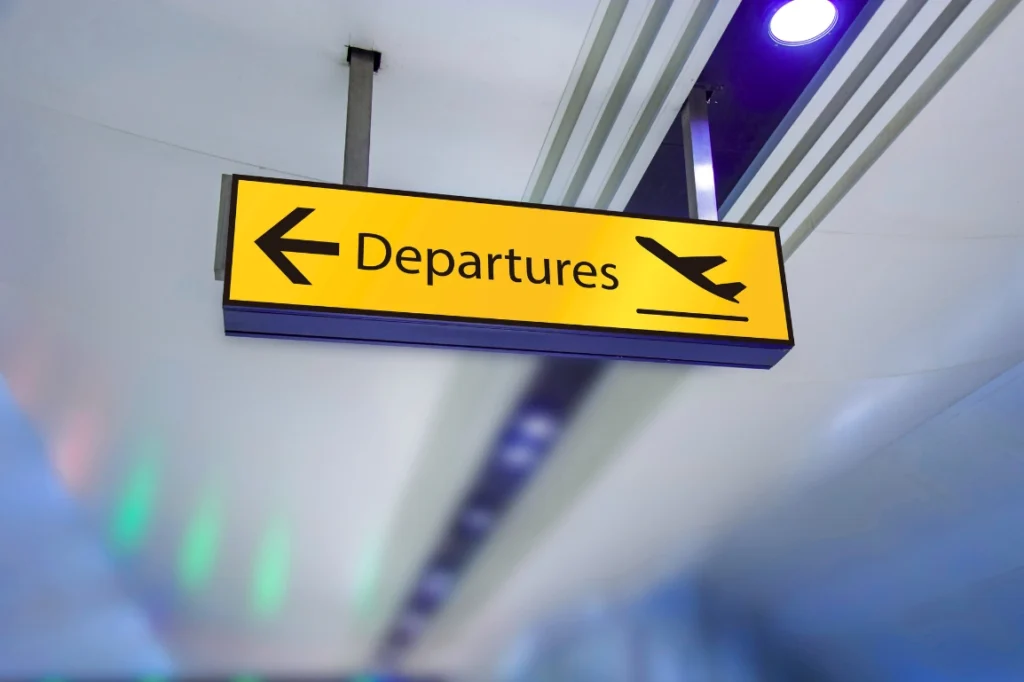Home > Everything You Need to Know About ETIAS (2026)

Everything You Need to Know About ETIAS (2026)
Starting soon, millions of travelers heading to some of the most popular countries in Europe will need to apply for an ETIAS (European Travel Information Authorisation System) beforehand.
If you're a frequent traveler or work in the travel industry, you've probably seen the acronym ETIAS being mentioned. But what exactly is it?
Is it a visa? Are the requirements the same as for a visa? (such as Schengen travel insurance?)
In short, no. ETIAS is a brand-new requirement. With more than 14 years in the travel industry, we're here to tell you everything you need to know.
Latest updates about ETIAS
4 December 2025: Progress report
The European Union released an update saying ETIAS is still on track to go live Q4 of 2026.
17 July 2025: ETIAS fee increase
The ETIAS fee was increased from €7 per person to €20 per person. It was adjusted to help offset operational costs, as well as to be "more in line" with similar pre-travel authorizations globally (the UK's ETA, the US's ESTA).
28 April 2025: Transitional period announced
The European Union quietly announced that there will be a 6-month transitional period from the official launch date (which has yet to be publicized).
ETIAS is a new travel requirement
ETIAS is short for European Travel Information and Authorisation System, and it's a new requirement for visa-exempt citizens traveling to the Schengen area.
Simply put, anyone who doesn't need a visa to go to France, Italy, Germany, and the other countries in the Schengen area, will have to apply for travel authorization.
This means if you're a US citizen and you want to go to Paris, France, for example, you will need to apply for an ETIAS once the requirement goes into effect (in the coming months).
Note: If you require a Schengen visa to visit the Schengen area (Chinese or Indian passport holders, for example), you do not need ETIAS. Additionally, if you are an EU/Schengen country citizen, you also do not need ETIAS.
Once you have approval, your approval is valid for 3 years, or until you get a new passport. If three years have passed, or you renewed your passport, you will need to apply again.

ETIAS isn't a visa; it's a pre-travel authorization
For all intents and purposes, ETIAS is a pre-travel authorization. Ahead of your trip, you will need to go onto the official ETIAS portal and "apply" for authorization.
This is much different than a visa. Visa processes often contain multiple steps, several official documents (sometimes notaries and apostilles), in-person appointments, and fingerprinting. Every application is manually reviewed by an embassy/consulate official.
ETIAS is a quick, almost fully automated process. It takes about twenty minutes, and you can apply online via your computer, phone, or tablet.
ETIAS is similar to the US's ESTA. Like ESTA, ETIAS will screen travelers before they enter the zone. It's also similar to the UK's ETA, which is also a newer travel requirement, having just been launched in the past couple of years.
Visa requirements aren't changing
For those who do require a visa to go to the Schengen area, ETIAS does not affect the Schengen visa process, nor the Schengen visa requirements.
Heading to Europe? ✈️
Don't forget about travel insurance. Get yours online today!
You can learn more about the visa process in our Schengen visa requirements guide.

Why ETIAS will be required
According to the European Union, the main purpose of ETIAS is to "strengthen security measures" within the Schengen area and the European Union.
Schengen visa applicants go through an intensive visa problem, which means they've already been "screened" (if you will). Visa-exempt travelers (such as US and UK citizens) have not been. ETIAS allows visa-exempt travelers to still travel without a visa, but also be screened for any potential travel or security risks.
ETIAS will allow the EU to more effectively track who comes and goes, which will help them manage a huge range of potential issues like illegal migration, terrorism, trafficking, and even public health threats (such as pandemics, like COVID-19).
ETIAS isn’t meant to replace the Schengen visa. It’s essentially permission to go into the Schengen area. Schengen visas will still be required for many travelers heading to Europe. Today, that process happens in person. In the future, it will move online with the launch of EU VAP.

Countries requiring ETIAS
Once ETIAS is in full effect (it is launching at the end of 2026, but there will be a transitional period), you'll need to apply for ETIAS before traveling to any of the following countries (if you are visa-exempt).
Austria, Belgium, Bulgaria, Croatia, Cyprus, The Czech Republic, Denmark, Estonia, Finland, France, Germany, Greece, Hungary, Iceland, Italy, Latvia, Liechtenstein, Lithuania, Luxembourg, Malta, the Netherlands, Norway, Poland, Portugal, Romania, Slovakia, Slovenia, Spain, Sweden, and Switzerland. Cyprus as well.
So if you're heading to Paris, Rome, Barcelona, Prague, or other popular cities in Europe, an ETIAS will be mandatory.
Note: If you are getting a visa for your trip to any of the countries above, you do not need to apply for ETIAS. If you're an EU/Schengen country citizen, you are exempt.

Who needs ETIAS authorization?
Travelers who do not need a visa to enter the Schengen area will be required to apply for ETIAS. This includes seniors and children.
Citizens of the following countries will need to apply for ETIAS
Albania, Antigua and Barbuda, Argentina, Australia, Bahamas, Barbados, Bosnia and Herzegovina, Brazil, Brunei Darussalam, Canada, Chile, Colombia, Costa Rica, Dominica, El Salvador, Georgia, Grenada, Guatemala, Honduras, Hong Kong, Israel, Japan, Kiribati, Macau, Macedonia, Malaysia, Marshall Islands, Mauritius, Mexico, Micronesia, Montenegro, New Zealand, Nicaragua, Palau, Panama, Paraguay, Peru, Republic of Moldova, Saint Kitts and Nevis, Saint Lucia, Saint Vincent and the Grenadines, Samoa, Serbia, Seychelles, Singapore, Solomon Islands, South Korea, Taiwan, Timor-Leste, Tonga, Trinidad and Tobago, Tuvalu, Ukraine, United Arab Emirates, United Kingdom, United States of America, Uruguay, Venezuela
ETIAS exemptions
Not all travelers will need to apply for ETIAS.
- Schengen visa holders do not need to apply.
- Schengen/EU country citizens are exempt.
- Long-stay visa holders/residents of the Schengen area are exempt.
- If you're a dual citizen of a visa-exempt country and an EU/Schengen country, you are exempt.
There are other, less common, exemptions as well, so make sure to check the official website before you apply.
ETIAS requirements
To apply for ETIAS, you have to meet the following requirements.
- Hold a valid passport from a visa-exempt country (such as the US, UK, Canada, and Australia).
- Complete the ETIAS application form (you’ll be prompted to fill this out either on the official website or within the mobile app. It should only take 20 minutes or so).
- Have a debit or credit card to pay a fee (€20 for adults; free for travelers under 18 and over 70).
- Give a valid email address to receive your ETIAS authorization.
- Answer a few questions about your background.

An approved ETIAS lasts for three years, or until your passport expires (whichever happens first). During its validity, you can travel to and from any of the 30 countries (which are Schengen countries and Cyprus), so long as you respect the entry requirements for the zone.
How to apply for ETIAS
Applying for ETIAS is a pretty simple process, only requiring a few steps.
1. Make sure you have everything ready
- A valid passport: The ETIAS application will ask for your passport number. Your passport also needs to have at least 3 months of remaining validity beyond your intended trip.
- An email address: You’ll need a working email address to receive your ETIAS authorization (ETIAS is entirely digital).
- A debit/credit card: There’s a fee (€20, or around $23) per person, and you will need to pay it when you apply.
- Information about your trip, as well as some personal details.
2. Visit the official ETIAS website
The entire application process takes place through either the official ETIAS site and/or a mobile application.
The EU has announced that travelers will be able to apply via an official app once the system is live. That said, an official name or demo of the app has not yet been released to the public.
Keep in mind that ETIAS is not required yet.
We will update this page as soon as it is (this page is monitored by a real person and updated regularly).
3. Complete the online ETIAS form
You'll be asked to share several different pieces of information about yourself, including:
- Your full name.
- Your passport information.
- Your date of birth.
- Date and place of birth.
- Your parents’ first name(s).
- Your phone number and home address.
You’ll have to answer a few other questions, like your highest level of education, occupation, and details about any past criminal convictions.
4. Pay the fee and submit.
Before submitting, double-check your info (particularly your passport number and name) for any typos. When ready, submit your application and pay the 20 euro application fee. This fee can be paid with a credit or debit card.
5. Receive your ETIAS authorization.
Most applications are processed within a few minutes, but it can take longer in some cases.
Once you submit your ETIAS application, you'll receive an email within 96 hours. In most cases, this will be an approval. However, it's possible for an ETIAS application to be denied. It's also possible that authorities will need to see more information before making a decision.
Regardless of the case, you'll know within 96 hours if you've been approved, denied, or more info is needed. In some rare cases, an interview may also be required.
If more information or an interview is requested, it could take up to 30 days for a decision about your ETIAS approval to be made.
6. Travel
Once your ETIAS is approved, you'll be able to travel. During the application, you'll be asked to share which country you're traveling to. If you're traveling to several countries, you should list the first country you're traveling to.
According to the European Union website, it's ok if your travel plans change after you've already applied. Once your ETIAS is approved, you're able to use it for any and all of the countries in the Schengen area (and Cyprus). There is no need to update your ETIAS, reapply, or notify authorities.
There’s also no need to print anything because your authorization will be automatically linked to your passport. When you go through border control, officials will be able to see that your passport number already has this approval.

ETIAS rejections
As mentioned above, an ETIAS application can be denied. There are a few different reasons for this. ETIAS applications will be denied if the applicant is using a passport/travel document that was previously reported as missing or stolen. The same is true if it is invalidated or misappropriated.
Another reason for refusal is if the applicant is considered a security, epidemic, or illegal immigration risk, or has been refused entry before.
If you're asked to provide more information or attend an interview and fail to do so (either at all or in the allotted time period), your application will also be refused.
Still, if you do get a refusal, it doesn't mean you're out of options. If it's denied, you'll receive an email telling you the reason for the refusal. The email will also contain instructions on how to appeal the decision.
If it's absolutely essential that you travel, there's also the option to apply for a Limited Validity ETIAS.
You can also reapply in the future.
ETIAS will be required
If you forget to apply for ETIAS, or choose not to apply, you may be denied boarding at the airport or entry into the Schengen area on arrival. Once it's in full effect, ETIAS will be mandatory.
It’s very, very important to apply for ETIAS before your trip (once the requirement goes live). Luckily, the application process was designed to be quick and simple, giving most people authorization in just a few minutes.
That said, it's recommended that you apply at least a few days in advance of your travel date. ETIAS approval, while it’s typically immediate, can take up to 30 days, so make sure to plan accordingly.
ETIAS FAQs
The Official ETIAS's Mobile Application
As of right now, there is no official ETIAS app.
Any app that currently exists that claims to be an ETIAS app is not an official app managed by the EU. This is important to know as ETIAS is managed and operated by the European Union, not a third party.
The official website is https://travel-europe.europa.eu/en/etias. You should seek out all information about how to apply there. That said, the EU has stated that a mobile application will be available once ETIAS is live, and that travelers can apply through either the website or the application.
Be cautious, because there may be other websites or mobile applications that promise to give you an ETIAS or complete the process for you. These websites and applications are not official and are not approved by or endorsed by the European Union at this time.
